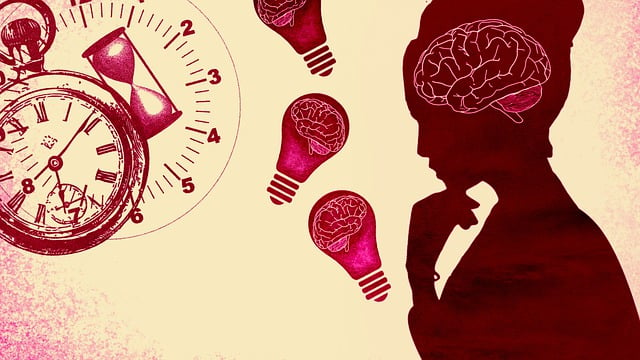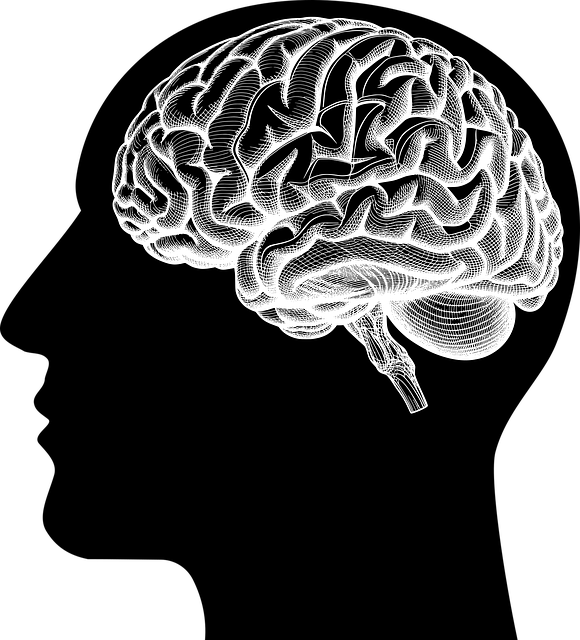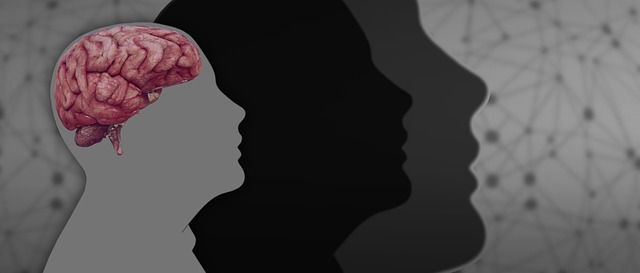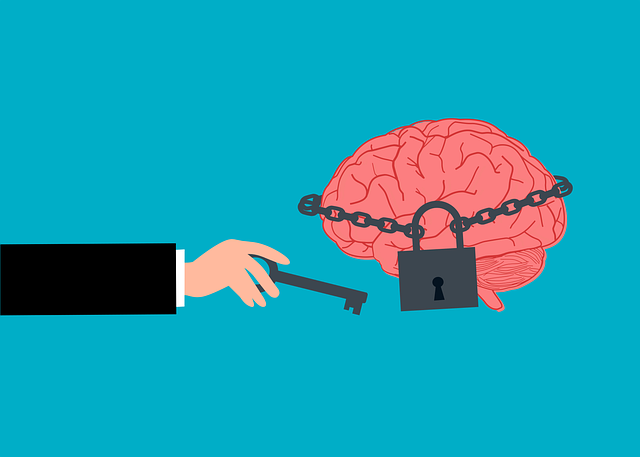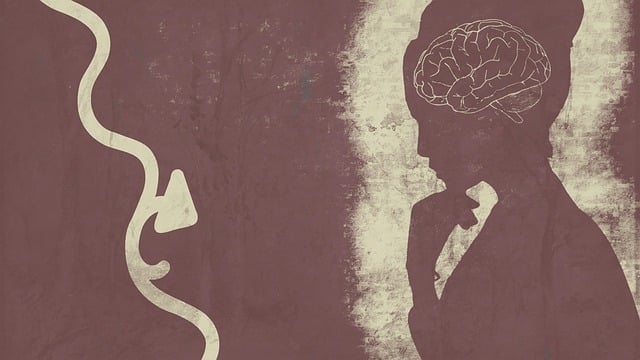Mental wellness is a crucial aspect of elderly individuals' overall health with developmental disabilities, addressing societal barriers and cognitive differences. Personalized therapy strategies, such as self-care routines, empathy building, and compassion cultivation, empower care providers to support these individuals' emotional well-being. Tailored therapeutic approaches like Social Skills Training build confidence and foster community involvement. Accessing local support groups, participating in meaningful activities, and engaging in group therapy are effective ways to promote mental wellness. Advocacy and access to specialized therapy for elders with developmental disabilities are essential for destigmatization and improving their quality of life.
Mental wellness promotion is a critical aspect of caring for elders with developmental disabilities, ensuring they lead fulfilling lives. This article explores various facets of this essential topic, including understanding mental health in this unique population and the significant role therapy plays. We delve into effective strategies and techniques for support, as well as community resources that advocate for enhanced elder care. By examining these key areas, we aim to illuminate paths toward improved mental wellness for elders with developmental disabilities.
- Understanding Mental Wellness and Its Significance for Elders with Developmental Disabilities
- The Role of Therapy in Promoting Mental Health for This Vulnerable Population
- Strategies and Techniques for Effective Mental Wellness Support
- Community Resources and Advocacy for Enhanced Elder Care
Understanding Mental Wellness and Its Significance for Elders with Developmental Disabilities

Mental wellness is a vital aspect of overall health, especially for elders with developmental disabilities. Understanding their unique mental health needs requires recognizing that these individuals often face additional challenges due to societal barriers and specific cognitive differences. The significance of promoting mental wellness in this demographic lies in enhancing their quality of life, fostering independence, and encouraging meaningful participation in community activities.
Therapy for elders with developmental disabilities should focus on personalized strategies such as self-care routine development for better mental health, empathy building, and compassion cultivation practices. By implementing these approaches, care providers and families can support the emotional well-being of these individuals, improve their coping mechanisms, and create a more inclusive environment that respects their unique needs and strengths.
The Role of Therapy in Promoting Mental Health for This Vulnerable Population

Therapy plays a pivotal role in promoting mental wellness among elders with developmental disabilities. It offers a safe and supportive space for individuals to process unique challenges, such as social isolation or communication barriers, that often accompany their conditions. Tailored therapeutic approaches, like Social Skills Training, can empower them to build confidence in social interactions, fostering a sense of belonging.
Beyond this, therapy provides anxiety relief strategies and crisis intervention guidance, equipping elders with tools to navigate stressful situations. By addressing mental health proactively, therapists help break down barriers to participation in community activities, enhancing quality of life. This holistic support is crucial for empowering vulnerable populations, enabling them to live fulfilling lives that reflect their inherent worth and potential.
Strategies and Techniques for Effective Mental Wellness Support

Promoting mental wellness among older adults with developmental disabilities requires tailored strategies that address unique challenges. Individualized therapy sessions can significantly enhance their coping mechanisms and overall well-being. Cognitive Behavioral Therapy (CBT), for instance, has proven effective in managing anxiety and depression by modifying unhelpful thought patterns and behaviors. Group therapy sessions foster social connections, encourage peer support, and promote a sense of belonging, which is crucial for mental wellness.
Self-awareness exercises and stress reduction methods are powerful tools to empower individuals with developmental disabilities. Mindfulness practices, such as deep breathing and guided meditation, help in managing stress and anxiety. These techniques can be easily incorporated into daily routines to enhance self-regulation and overall mental resilience. Additionally, engaging in meaningful activities and hobbies can boost mood, provide a sense of purpose, and contribute to a positive mental wellness environment.
Community Resources and Advocacy for Enhanced Elder Care

Access to community resources plays a pivotal role in promoting mental wellness among elderly individuals with developmental disabilities. Local support groups, for instance, offer a safe space for social interaction and the sharing of experiences, fostering a sense of belonging and reducing feelings of isolation. These groups often provide practical advice and strategies tailored to navigate specific challenges, including empathy-building techniques and mood management skills. Moreover, community resources facilitate access to therapy for elders with developmental disabilities, ensuring they receive specialized care that addresses their unique needs.
Advocacy is another crucial component in enhancing elder care. By raising awareness about the mental health needs of this demographic, advocates ensure that services are accessible and tailored to their specific requirements. They work tirelessly to destigmatize mental illness within the community, encouraging open conversations and promoting understanding. This collective effort paves the way for more inclusive policies and practices, ultimately improving the quality of life for elderly individuals with developmental disabilities.
Mental wellness promotion is a critical aspect of care for elders with developmental disabilities, ensuring they lead fulfilling lives. By understanding their unique needs, leveraging evidence-based therapy for elders with developmental disability, and implementing effective support strategies, we can significantly enhance their mental health and overall well-being. Community resources and advocacy play a pivotal role in fostering an inclusive environment, empowering these individuals to access the care they deserve. Through collaborative efforts, we can revolutionize the approach to elder care, ensuring mental wellness is at the forefront.
